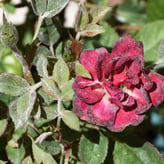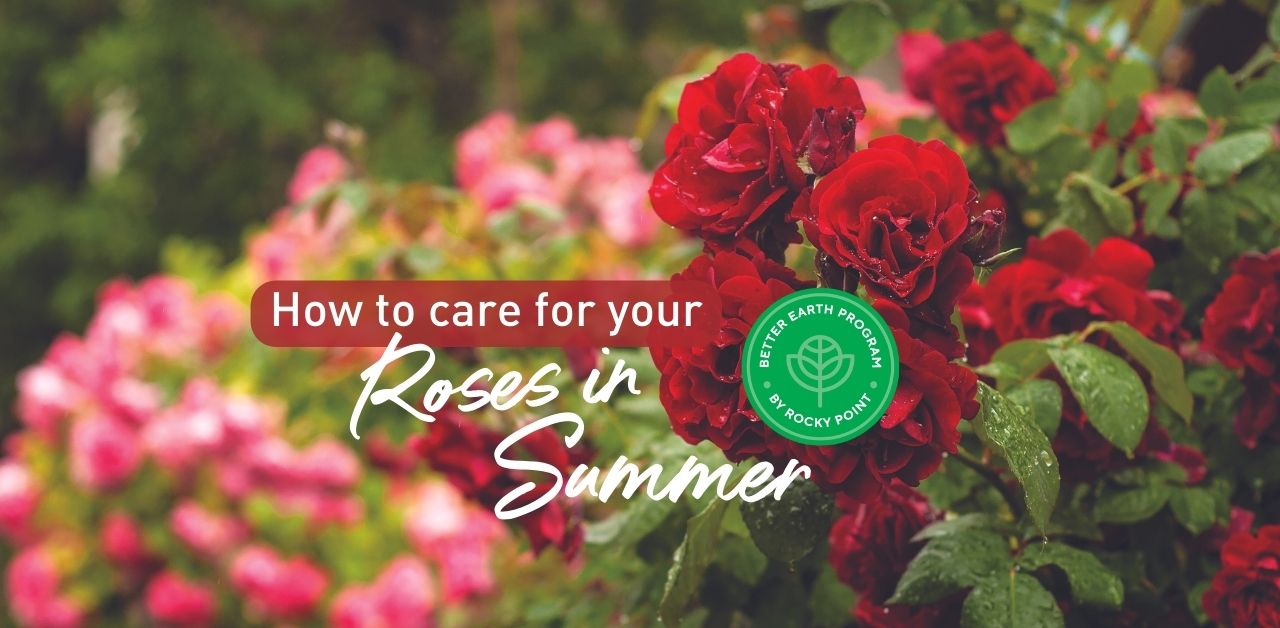What to do with your roses after their main spring flowering?
Depending on your location and climate zone the tasks at hand may vary when it comes to maintenance on these much-loved flowering plants.
Troubleshooting through the summer is more of an issue for those in subtropical locations where summer humidity can bring about a few troublesome diseases. Summer, no matter the climate zone will also see increased pest insect activity that could possibly be causing damage to your rose bushes.
Pruning after flowering
In warmer subtropical and warm temperate zones, pruning can be done almost year-round with one major pruning occurring in winter, usually around the middle of July.
When picking flowers for a vase or just deadheading spent blooms it is a good idea to take a longer stem. This way you are continually giving your bushes a light prune as the seasons of Autumn and Spring roll by.
These are generally the flowering seasons for most rose bush types. If there are any diseased or damaged stems remove those as required.
Time to feed
Fertilising your roses with side dressings of Rocky Point ActivGrow compost and Rocky Point Cow Manure, plus a complete rose fertiliser with trace elements throughout summer, will see good strong healthy growth during the growing season plus prepare the bush for bud and flower formation in the coming autumn season. If there is a season of high rain fall it can cause leaching of nutrients from the soil and your plants may require more feed.
Mulch well with Rocky Point Lucerne - This will suppress weeds, help retain soil moisture and feed the roses as it breaks down. Rocky Point Sugar Cane Mulch is another great alternative to use with roses as it quickly breaks down conditioning the soil and keeping worms and microbes happy below the soil surface.
Applications of liquid seaweed fortnightly will also help strengthen plants against disease, drought and heat.
- How to counter diseases
- Black spot, powdery mildew and rust

Avoid overhead watering, don’t water in the late afternoon, use preventative certified organic fungicide sprays.
- Black spot, powdery mildew and rust
- Avoiding Insects
- Aphids, caterpillars, grasshoppers, mealy bug, scale and bud worm
Check your plants often and use certified organic* neem and eco oil sprays.
- Aphids, caterpillars, grasshoppers, mealy bug, scale and bud worm
_MEB.png?width=842&height=596&name=RP_HorizontalColour(R)_MEB.png)



